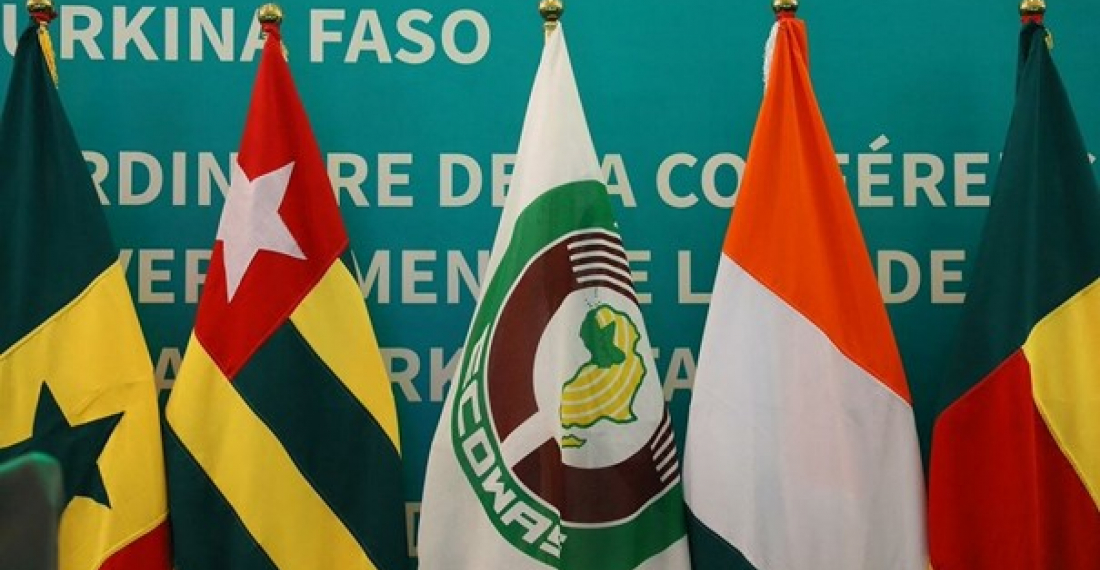Burkina Faso and Guinea have requested additional time to present a plan to hand back power to civilians and reinstate democratic rule following an ultimatum by the Economic Community of West African States (ECOWAS), which had set a deadline for Monday, 25 April.
In Conakry as in Ouagadougou, where the military recently seized power by force, the transitional authorities are asking for more time to pursue consultations, according to an ECOWAS communiqué issued on 27 April.
Last month, ECOWAS leaders told the two countries that they had until 25 April to explain the conditions and dates under which they would return power to civilians pr otherwise face immediate sanctions. The failure to meet this deadline has forced ECOWAS to react. For the time being, the regional institution will send missions to the two countries to prepare for a forthcoming summit of heads of state, at dates not yet specified.
Negotiations are likely to be particularly intense in view of the latest statements by Guinean leaders, with government spokesman Ousmane Goual emphasized that he would not be coerced by anyone while hinting at a possible exit from ECOWAS on 26 April.
In Ouagadougou, the question of the transition has already been decided, according to the Burkinabe government spokesman, Lionel Bilgo, and would last three years. ECOWAS has not directly commented on this timeline.
As regards Guinea, where Colonel Mamady Doumbouya has been in charge since September 2021 after overthrowing Alpha Conde, the financial assets of members of the Guinean junta and their family members had already been frozen after the removal of the former president.
In Burkina Faso, accused of being unable to curb the jihadist violence that has plagued the country for years, President Roch Christian Kaboré was overthrown by colonel Paul-Henri Damiba on 24 January. If transitional authorities do not propose a timeline more acceptable than three years, they could face individual sanctions, according to ECOWAS.
Since January 2022, the toll of ECOWAS economic sanctions on Mali's economy and employment has been so severe that the country has been unable to pay about $180 million in debt repayments.
Burkina Faso, Guinea, and Mali are all in the throes of political and security crises and have all witnessed military coups since August 2020. ECOWAS is therefore currently trying to put pressure on the military juntas to bring power back into civilian hands.
The potential impact of these sanctions on poor, landlocked countries has caused great concern, but also widespread resentment, beyond Mali, Guinea and Burkina Faso, against regional organisations.






